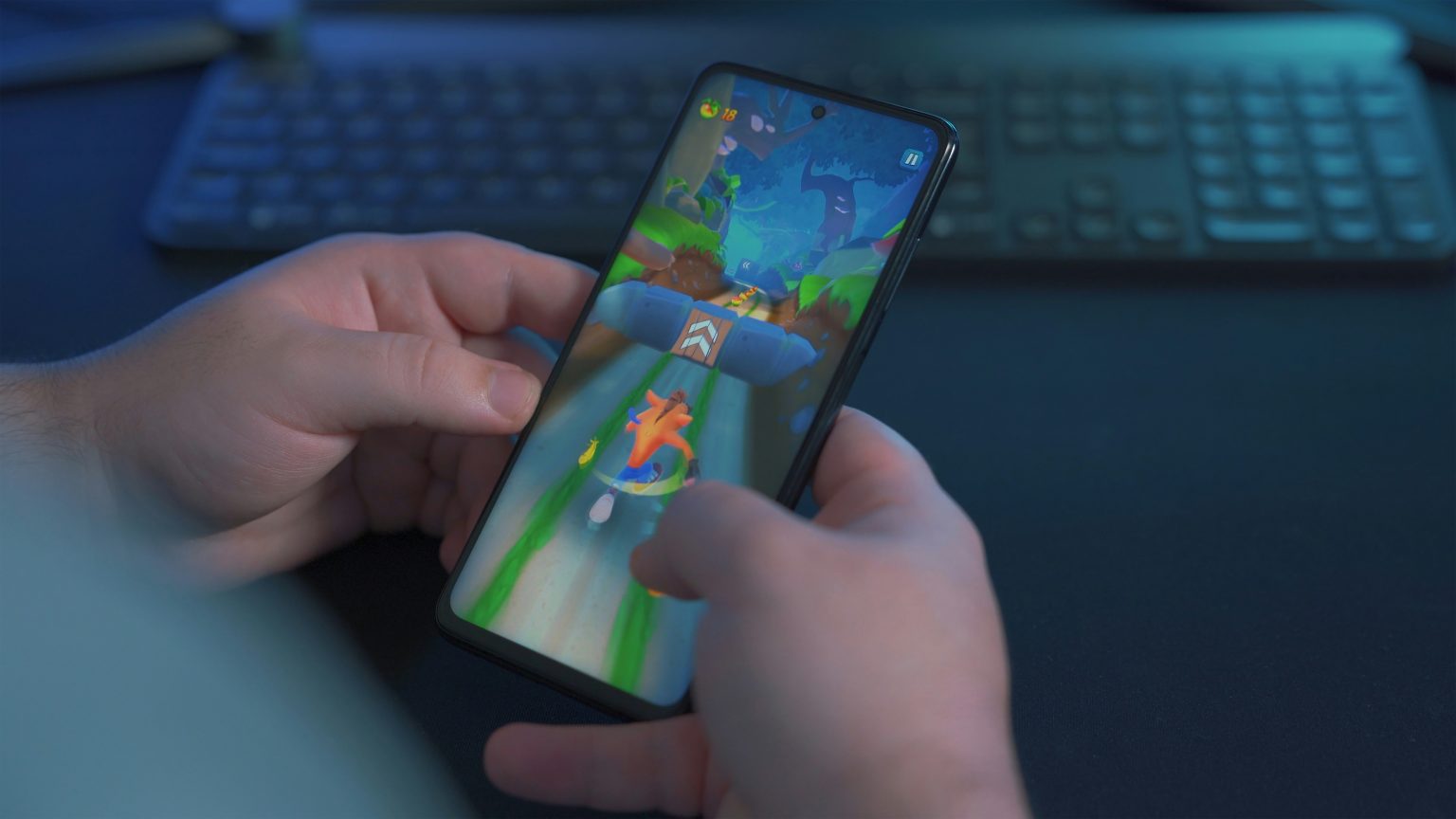Do you have a passion for video games and the desire to create your own despite not being in a tech-related major? Fear not! Game design is a multidisciplinary field that benefits from diverse perspectives, including those of non-tech majors. Whether you’re studying art, psychology, storytelling, or even business, your unique skills and insights can contribute significantly to the world of game design.
While tackling game design might seem daunting without a tech background, there are numerous resources and strategies that can help you get started. If you need to focus on developing your game design skills while keeping up with academic demands, remember you can use essay writer service for best price to get support with your assignments. This service can help manage your coursework load, allowing you to dedicate more time to learning game design.
Exploring Game Design Fundamentals
Understand the Basics
Before diving into practical game development, it’s important to familiarize yourself with the basics of game design. This involves grasping the essentials of game mechanics, dynamics, and aesthetics. Start by studying popular games and noting what makes them enjoyable or engaging. There are plenty of free resources online, including video tutorials, online courses, and e-books, that cover the fundamentals of game design.
Learn Basic Coding
Knowing some basic coding can be advantageous, even for non-tech majors. Languages like Python are known for being beginner-friendly and can help you understand the logic behind game functionalities. Platforms like Codecademy and Khan Academy provide free courses that allow you to learn at your own speed.
Utilize Game Development Platforms
For those who are less inclined toward in-depth programming, platforms like Unity or Unreal Engine provide user-friendly interfaces for game development. These platforms are equipped with pre-built templates and drag-and-drop functionality, reducing the necessity for extensive coding and making them perfect for novices.
Engaging with the Game Design Community
Join Game Design Clubs
Many colleges have clubs or societies focused on game development. Becoming a member can offer significant experience and networking opportunities. Club activities typically include workshops, guest lectures, and hackathons, where you can collaborate with other students and learn from those with more experience. These clubs are excellent venues for exchanging ideas, receiving feedback, and developing team-based projects.
Attend Game Jams
Engaging in game jams is an excellent method to put your knowledge to practical use. These events challenge participants to develop a game from the ground up within a constrained timeframe, often collaboratively. This is not only a great way to learn about team dynamics in game development but also a fun way to test your creativity and problem-solving skills. These events often foster a collaborative and intensely creative environment that can push your skills to new heights.
Seek Internships
Look for internships in gaming companies. Even roles not directly related to game development can provide insights into the industry. Roles in marketing, QA testing, or community management are important for understanding how games reach the audience and what makes them successful. Internships are invaluable for gaining real-world experience and can significantly enhance your understanding of the gaming industry from a business perspective.
Building Your First Game
Start Small
Begin with a simple project. Your first project might be something simple, like a puzzle game or an interactive narrative. Use the tools and skills you’ve acquired to build something that reflects your understanding of good game design practices. Starting with a manageable project allows you to focus on quality and learning rather than being overwhelmed by complexity.
Gather Feedback
Once you have a playable version of your game, seek feedback from others. Share it with classmates, professors, or members of your game club. Use their feedback to make improvements and learn more about the design process. Receiving constructive feedback is vital as it highlights both strengths and areas needing enhancement, guiding ongoing progress.
Iterate and Improve
Game design is an iterative process. Based on feedback, continue refining your game. With each iteration, you’ll learn more and enhance your skills. Remember, every great game designer started with something small and simple. Embrace the iterative nature of design, and you will see your abilities and your games evolve over time.
Conclusion
Starting your journey into game design as a non-tech major is not only possible but can be highly rewarding. By leveraging your unique background and combining it with fundamental game design skills, you can contribute fresh perspectives to the gaming world. Remember, the key to success in game design is continuous learning and engagement with the community. So, seize every opportunity to learn, create, and collaborate. Your next great game idea is just waiting to be developed!


